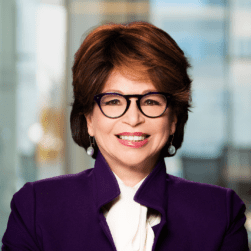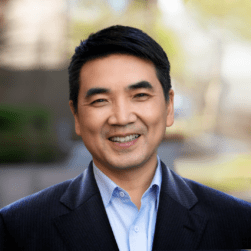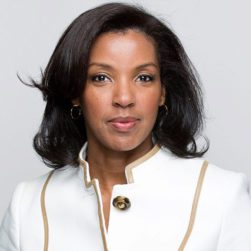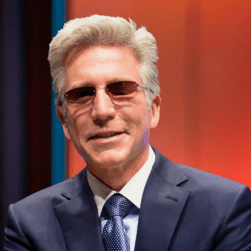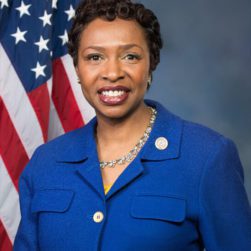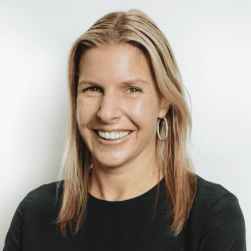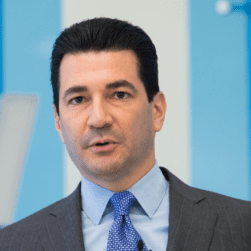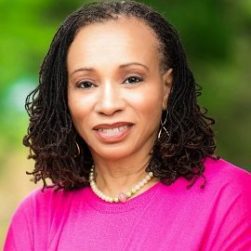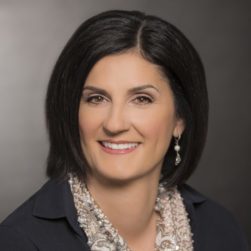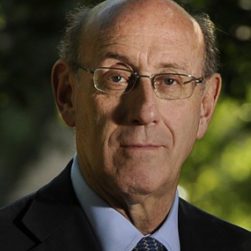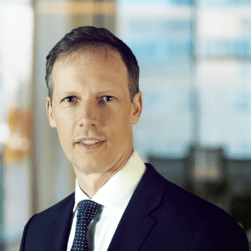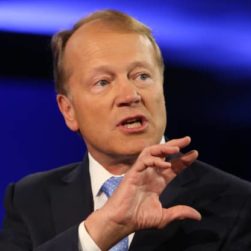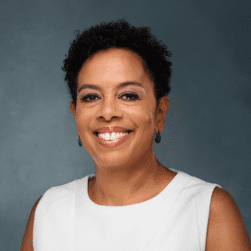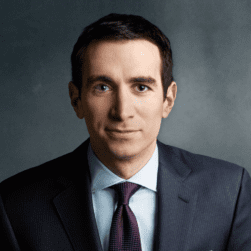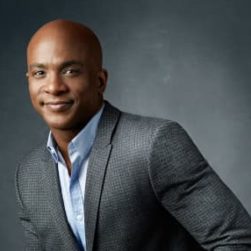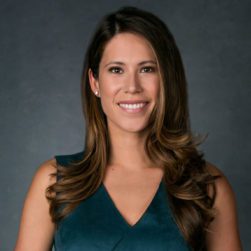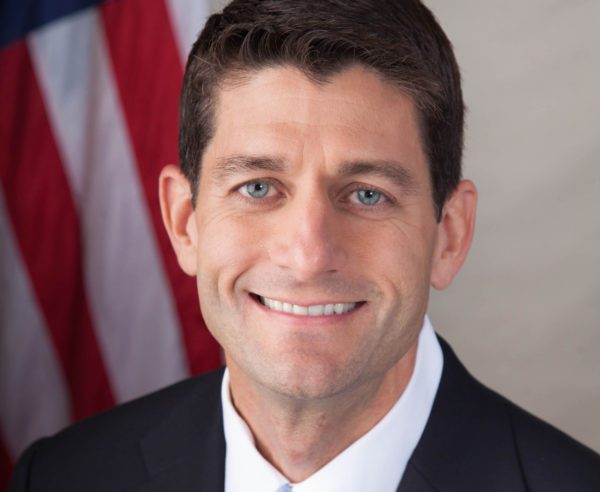
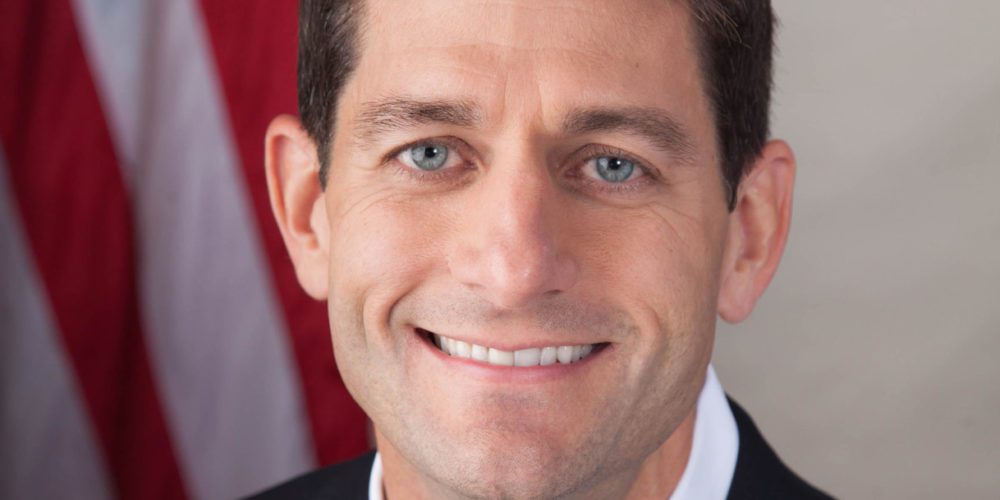
CNBC CEO Council Private Dinner in New York
Host
Andrew Ross Sorkin, CNBC “Squawk Box” Co-Anchor
Speakers
Mark Esper, Former U.S. Secretary of Defense
Danny Meyer, Founder & CEO Union Square Hospitality Group
Paul Ryan, Former Speaker of the U.S. House of Representatives
CNBC CEO Council Private Dinner in New York
Members gathered in New York, NY for dinner and discussion to celebrate the launch of the CNBC CEO Council. For more information and to see if you qualify to attend the next one visit https://www.cnbccouncils.com/ceo-council/.


CNBC CFO Council Fed Matters — September 2022
Host
Steve Liesman, CNBC Senior Economics Reporter
CNBC CFO Council Fed Matters — September 2022
Members of the CNBC CFO Council joined Steve Liesman, CNBC Senior Economics Reporter, for a discussion ahead of the FOMC meeting including survey results from a panel of top Wall Street economists, money managers and market strategists about their Fed policy predictions.
Key Points
- For 2024,about 60% of survey respondents think the Fed can hit their desired 2% target. However, if the Fed is committed to hitting the 2% target by 2024 it will have to drastically slow the economy for a significant period of time.
- The economic situation is incredibly complicated right now. Things are doing well in terms of getting back to previous years, especially in leisure and hospitality. However, global recession remains a concern as there is a 72% probability of a recession in Europe and 52% in the US.
- Rate hikes will more than likely catch up to the economy next year which could slow us down.
- 50% currently say stocks are too high relative to earnings and economic forecasts right now. The other 50% say they are too low or just right.
- From the Fed standpoint, the labor market is too tight. The Fed wants to see a reduction in job openings and rise in the unemployment rate. When wage gains are higher than productivity growth rates, it is seen as inflationary.
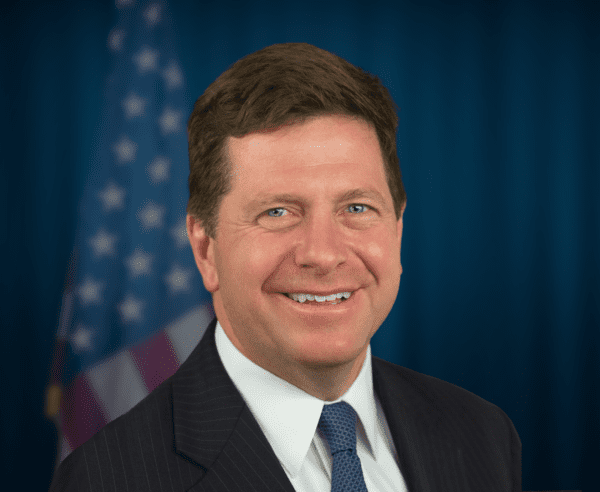
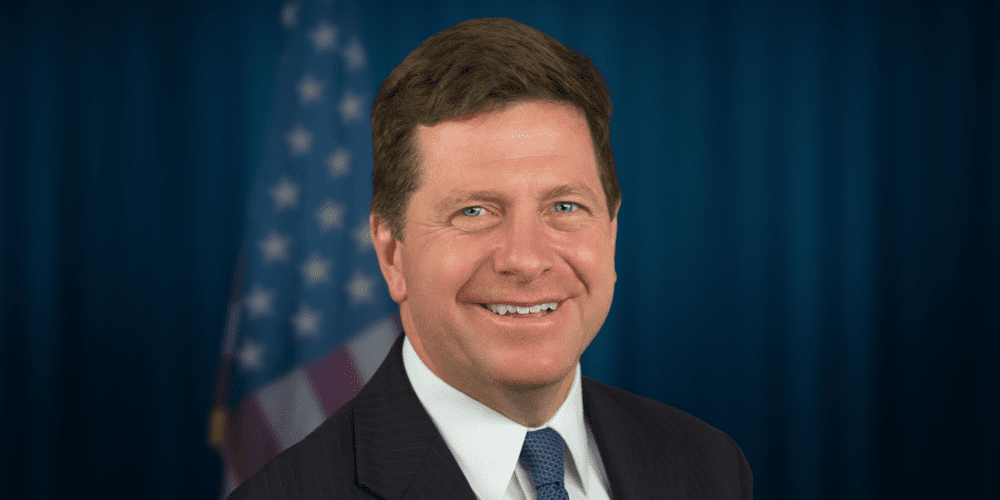
CNBC CFO Council Private Dinner in New York
Host
Jim Cramer, CNBC "Mad Money" Host; Steve Liesman, CNBC Senior Economics Reporter, Sara Eisen, CNBC "Closing Bell" Anchor, and Steve Liesman, CNBC Senior Economics Reporter
Speakers
Jay Clayton, Former Chairman of the U.S. Securities and Exchange Commission
Tim Gokey, Broadridge CEO
Eileen Murray, Former Chairperson, FINRA Board of Governors
CNBC CFO Council Private Dinner in New York
Members of the CNBC CFO Council, CNBC Journalists, and special guests Jay Clayton, Former Chairman of the U.S. Securities and Exchange Commission, Tim Gokey, Broadridge CEO and Eileen Murray, Chairperson, FINRA Board of Governors gathered in New York for the CNBC CFO Council Private Dinner. For more information and to see if you qualify to attend the next one visit https://www.cnbccouncils.com/cfo-council/.


TEC Member Private Dinner in San Francisco
Host
Deirdre Bosa, CNBC “TechCheck”; Co-Anchor Jon Fortt, CNBC “TechCheck” Co-Anchor
Speakers
Chris Britt, Chime CEO
Ali Ghodsi, Databricks CEO
TEC Member Private Dinner in San Francisco
Members of the CNBC Technology Executive Council gathered for our 2nd Member Dinner of the year in San Francisco. For more information and to see if you qualify to attend the next one visit https://www.cnbccouncils.com/tec.


CNBC CFO Council Fed Matters — July 2022
Host
Steve Liesman, CNBC Senior Economics Reporter
CNBC CFO Council Fed Matters — July 2022
Members of the CNBC CFO Council joined Steve Liesman, CNBC Senior Economics Reporter, for a discussion ahead of the FOMC meeting including survey results from a panel of top Wall Street economists, money managers and market strategists about their Fed policy predictions.
Key Points
- As of today, the odds of recession are much higher than ever before. According to new data,the probabilities for recession in the next year are up by 20 basis points from CNBC’s May survey. There is a 55% probability for a recession in the next 12 months.
- While we have never had a recession without two quarters of negative growth this is not necessarily the definition of a recession. A recession is a pervasive pronounced contraction of the economy.
- In terms of actual declining growth and increase in unemployment, the Fed is going to have to keep tightening until it sees some evidence that inflation is heading back down to the 2% level.
- It is very difficult to have a recession if you don’t have a major impact on the employment market. When you do get an increase of half a point or more in unemployment, that's when you start to get a contraction in the economy. These numbers are difficult to gauge right now due to how quickly everything is happening along with workers bringing employees back that had previously been let go.
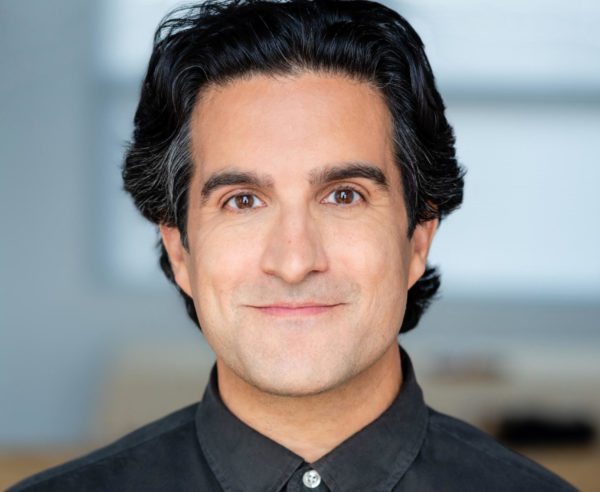
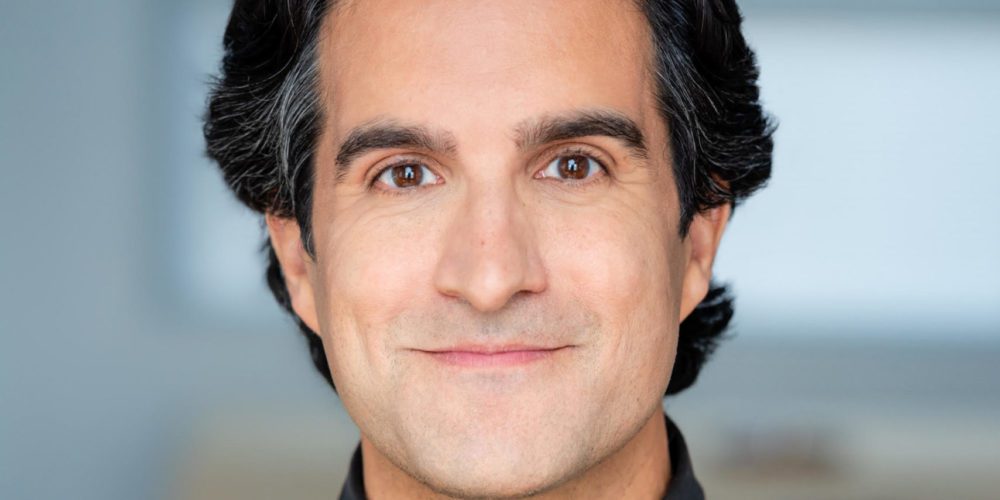
CNBC WEC Private Dinner in San Francisco
Host
Deirdre Bosa, CNBC “Techcheck” Co-Anchor
Speakers
Andy Dunn, Bonobos CEO and Author,"Burn Rate"
Jennifer Oliva, UC Hastings Law Professor
CNBC WEC Private Dinner in San Francisco
Members of the Workforce Executive Council, CNBC Journalists, and special guest Andy Dunn, Bonobos CEO and Author,"Burn Rate" convened in San Francisco for the CNBC WEC Private Dinner. For more information on the next event and to see if you qualify to attend visit https://www.cnbccouncils.com/wec.
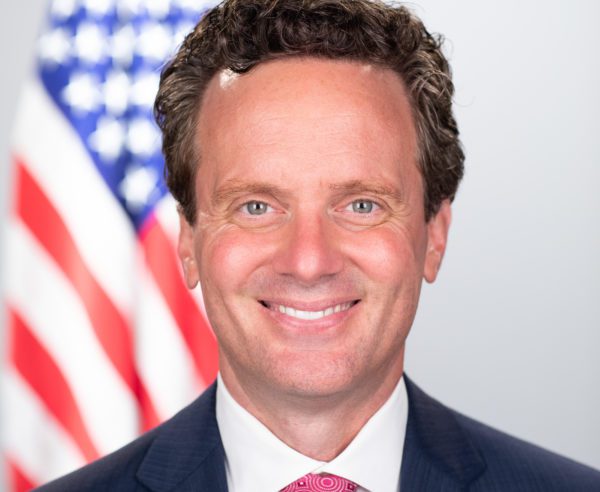
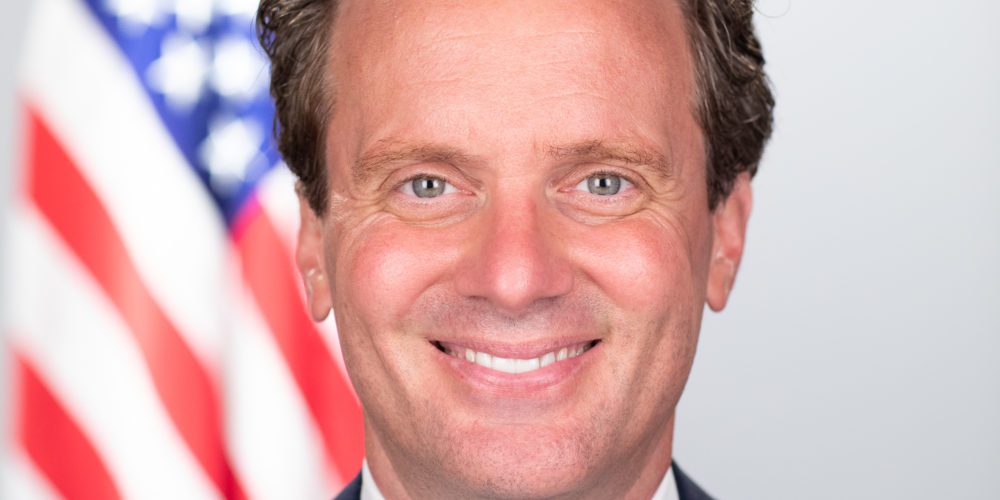
CNBC CFO Council Fed Matters — June 2022
Host
Steve Liesman, CNBC Senior Economics Reporter; Kelly Evans, CNBC Anchor, “The Exchange” and Co-Anchor, “Power Lunch”
Speakers
Joe LaVorgna, former Chief Economist of the White House National Economic Council
CNBC CFO Council Fed Matters — June 2022
On June 14th, Members of CNBC’s CFO Council heard from CNBC’s Kelly Evans with special guest Joe LaVorgna, former Chief Economist of the White House National Economic Council, on the eve of the FOMC decision.
Key Points
- It is imperative to note that the market has gotten ahead of itself and rate hikes will realistically do nothing to slow inflation.
- Much of inflation is “demand destructive”. Inflation itself could cure itself considering high prices often cure high prices.
- The area people are getting hit the hardest comes from non-discretionary normal living costs & expenses. Food and energy prices are just over 20% percent of household spending whereas shelter is about 55%.
- Geopolitics plays a huge role in whatever outcome we see with inflation. Considering Ukrainian and Russian markets account for 30% of wheat supply and a significant amount of oil, the Russian invasion of Ukraine significantly extended supply disruption. Beijing also played a contributing factor as a result of its lockdown due to COVID.


